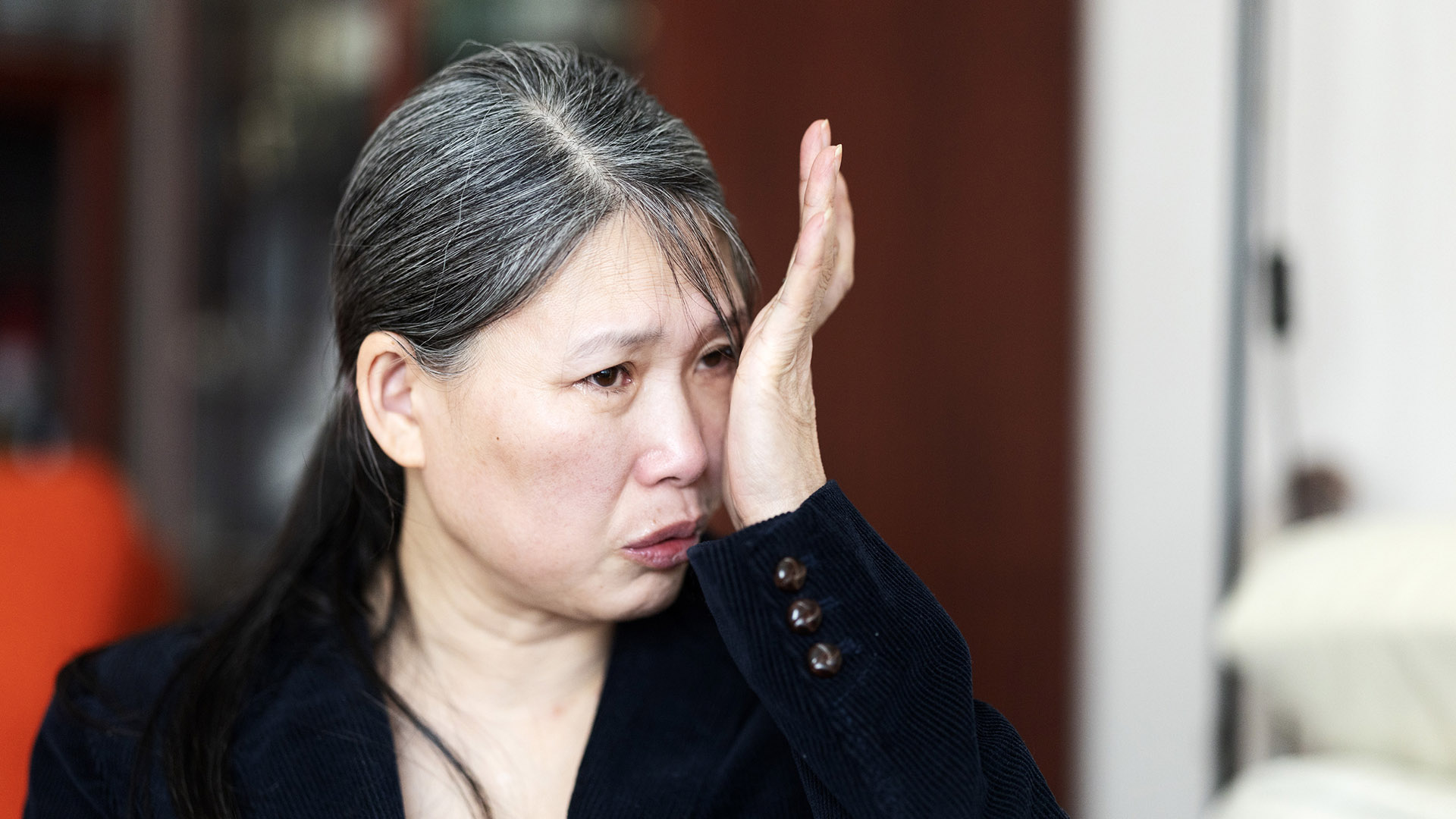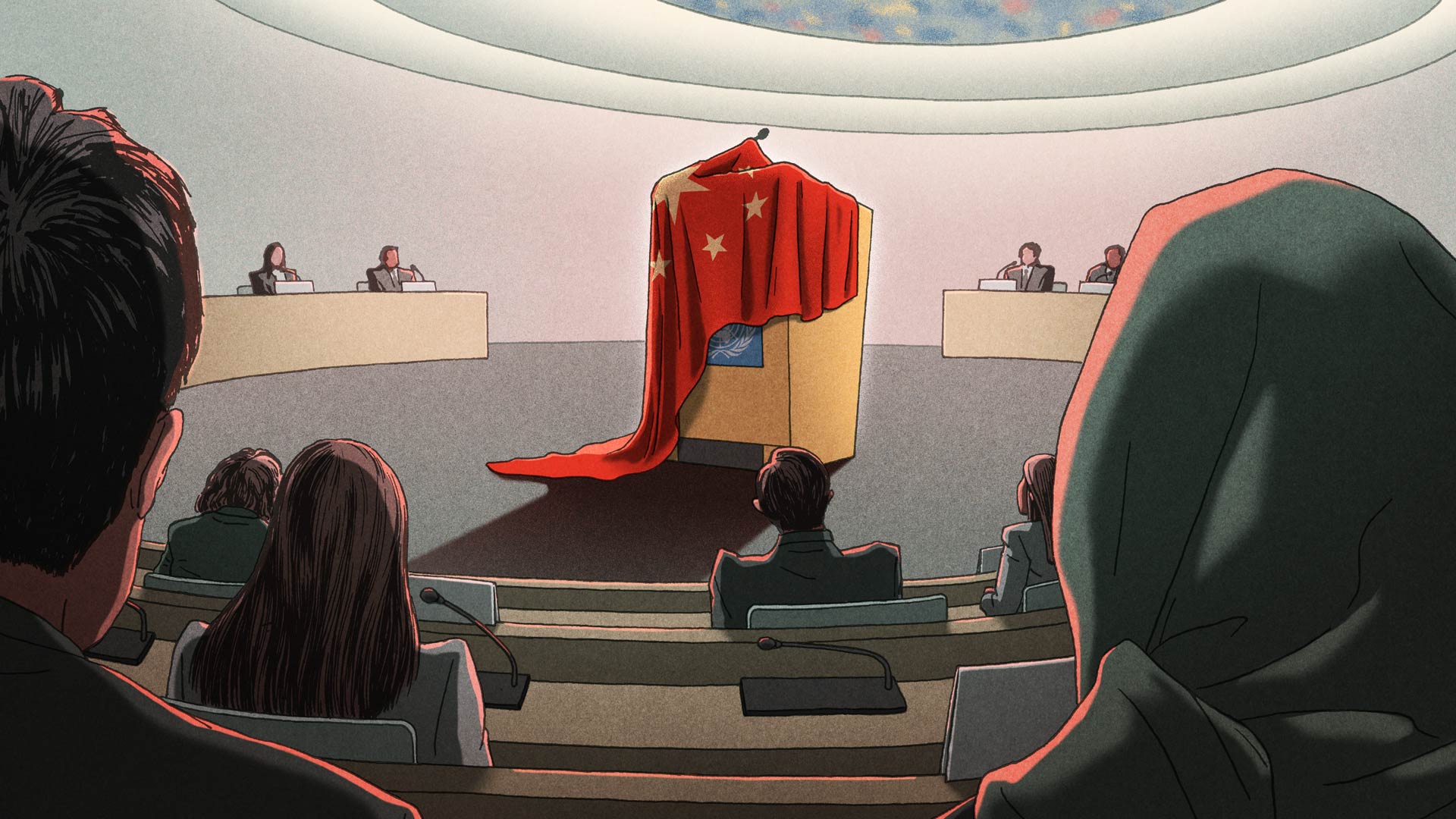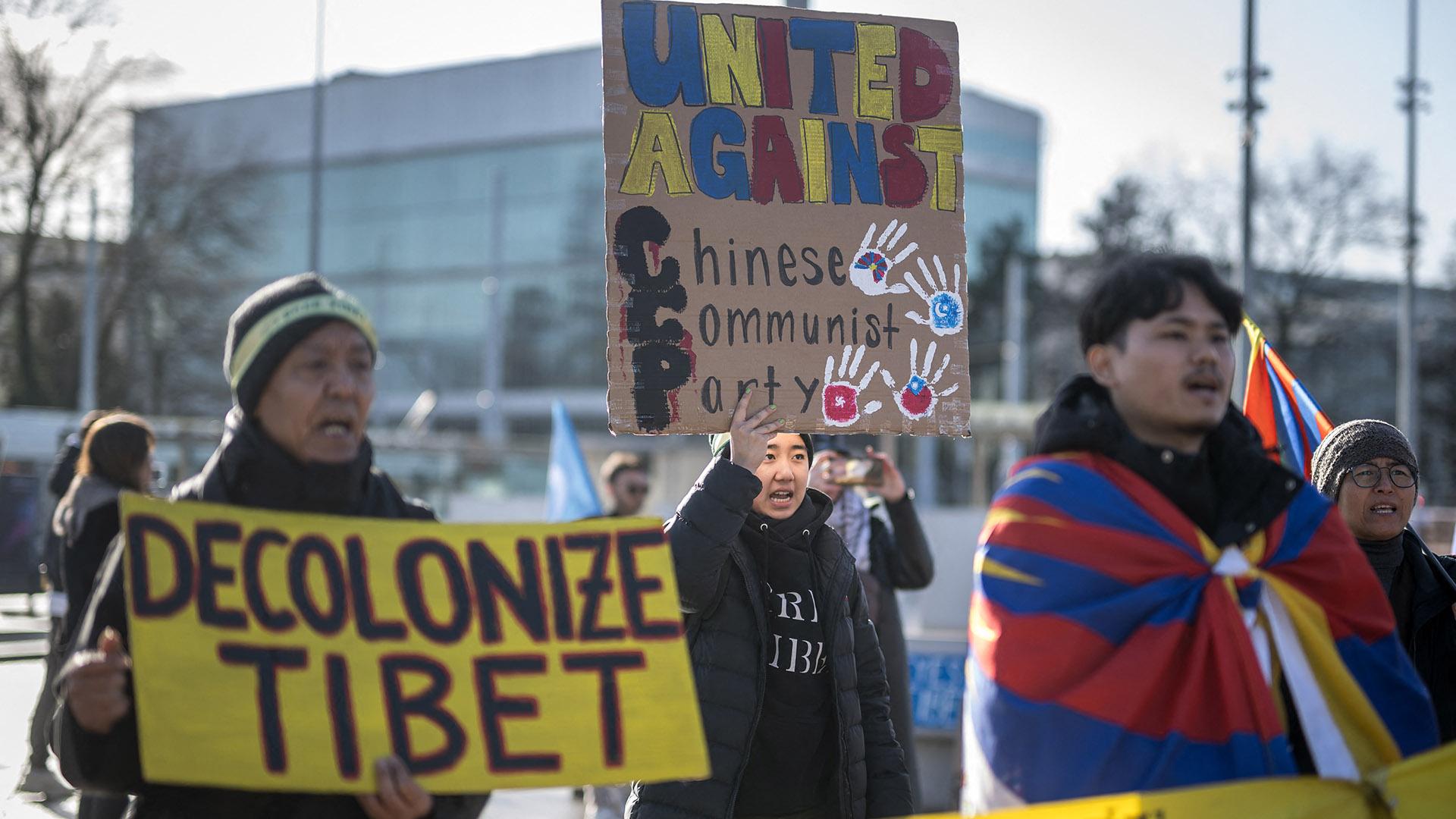POLICY
Poor coordination, information gaps hamstring EU efforts to combat China’s repression of overseas dissidents
In the wake of ICIJ’s China Targets investigation, European officials said governments should step up measures to stop state-sponsored harassment of activists and minorities living in the EU.
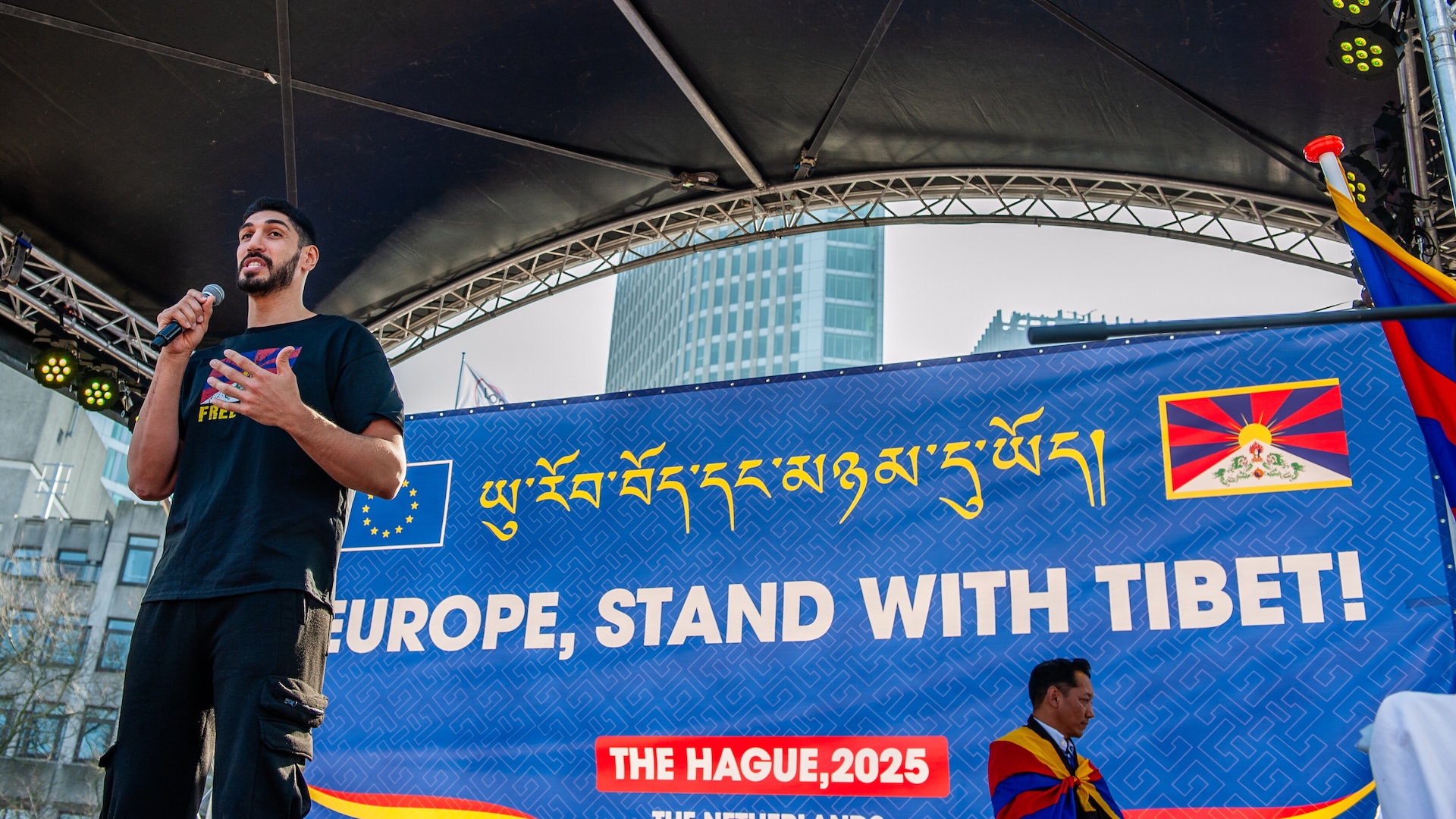
Despite public condemnations, the European Union’s response to Beijing’s repressive tactics against dissidents beyond China’s borders remains ineffective and lacks coordination, according to a survey of 10 EU governments conducted by the International Consortium of Investigative Journalists and its media partners, alongside interviews with European lawmakers.
Since 2023, the European Parliament has recognized transnational repression as a growing threat to human rights and the rule of law, and called on member states to facilitate reporting, investigate allegations and sanction the perpetrators.
But China Targets, an investigation by ICIJ and 42 media partners, found that the Chinese government continues to target Chinese and Hong Kong dissidents as well as Uyghur and Tibetan advocates using surveillance, hacking and threats against them and their family members in an effort to quash any criticism of the regime.
The EU must set clear red lines, backed by criminal investigations, sanctions, and diplomatic consequences, to show that fundamental rights are not negotiable
— Hannah Neumann, European Parliament member
“The repression of diaspora groups is absolutely unacceptable,” said Engin Eroglu, who leads the European Parliament’s delegation for relations with China and was himself one of several politicians targeted by a sophisticated cyberattack allegedly linked to the Chinese government.
“While we must engage with authoritarian regimes and keep the lines of communication open, it is crucial that we pursue a foreign policy that reflects both our economic interests and universal values,” Eroglu said. “The EU must resolutely defend human rights worldwide.”
Some advocates define transnational repression as a government reaching across borders to surveil, harass or attack dissident members of its diaspora. Others call it cross-border repression, community interference or refugee espionage.
By whatever name, the practice is not unique to China. The governments of Russia, Saudi Arabia and other countries have been held responsible for threatening and ordering the killing of opponents overseas. China’s tactics are more subtle but damaging in their own way, and the scope of the repression is enormous, advocates say.
Freedom House, a U.S.-based human rights group, has called the Chinese government’s campaign of transnational repression the world’s most sophisticated and far-reaching.
ICIJ’s China Targets investigation was based on internal Chinese government documents spanning two decades, as well as interviews with 105 targets, including 45 who live in France, Ireland and other European countries.
Most of the targets interviewed by ICIJ and its partners said they had not reported state-sponsored threats to the authorities in their adopted countries for fear of retaliation from China or because they didn’t have faith in local authorities’ ability to help. Of those who had filed a report — including Nurya Zyden, a Uyghur rights advocate who said she was followed by two Chinese men from Dublin, where she lives, to an activist gathering in Sarajevo, Bosnia, last year — most said police did not follow up on their case or told them that they couldn’t do anything because there was no evidence of a crime.
Despite having sent “important political signals” through pronouncements and public condemnations, the EU’s response remains “fragmented” and “urgently” needs strengthening, said Hannah Neumann, a European lawmaker who led a 2023 report for the European Parliament on authoritarian regimes’ threats against human rights defenders.
“The EU must set clear red lines, backed by criminal investigations, sanctions, and diplomatic consequences, to show that fundamental rights are not negotiable,” Neumann told ICIJ in an email.
EU state responses to transnational repression
As part of China Targets, ICIJ and its partners asked 10 European governments about their policies on transnational repression.
While most said they were aware of China’s attempts to influence and control its diaspora, their policy responses to the issue vary greatly.
In France, Austria and Denmark, intelligence agencies said they were responsible for monitoring suspected cases of transnational repression, which they classify as foreign interference. Last month, three Danish politicians from across the political spectrum told ICIJ partner Politiken that Denmark — as well as other European governments — should do more to protect targets of China’s repressive policies who seek refuge in their countries.
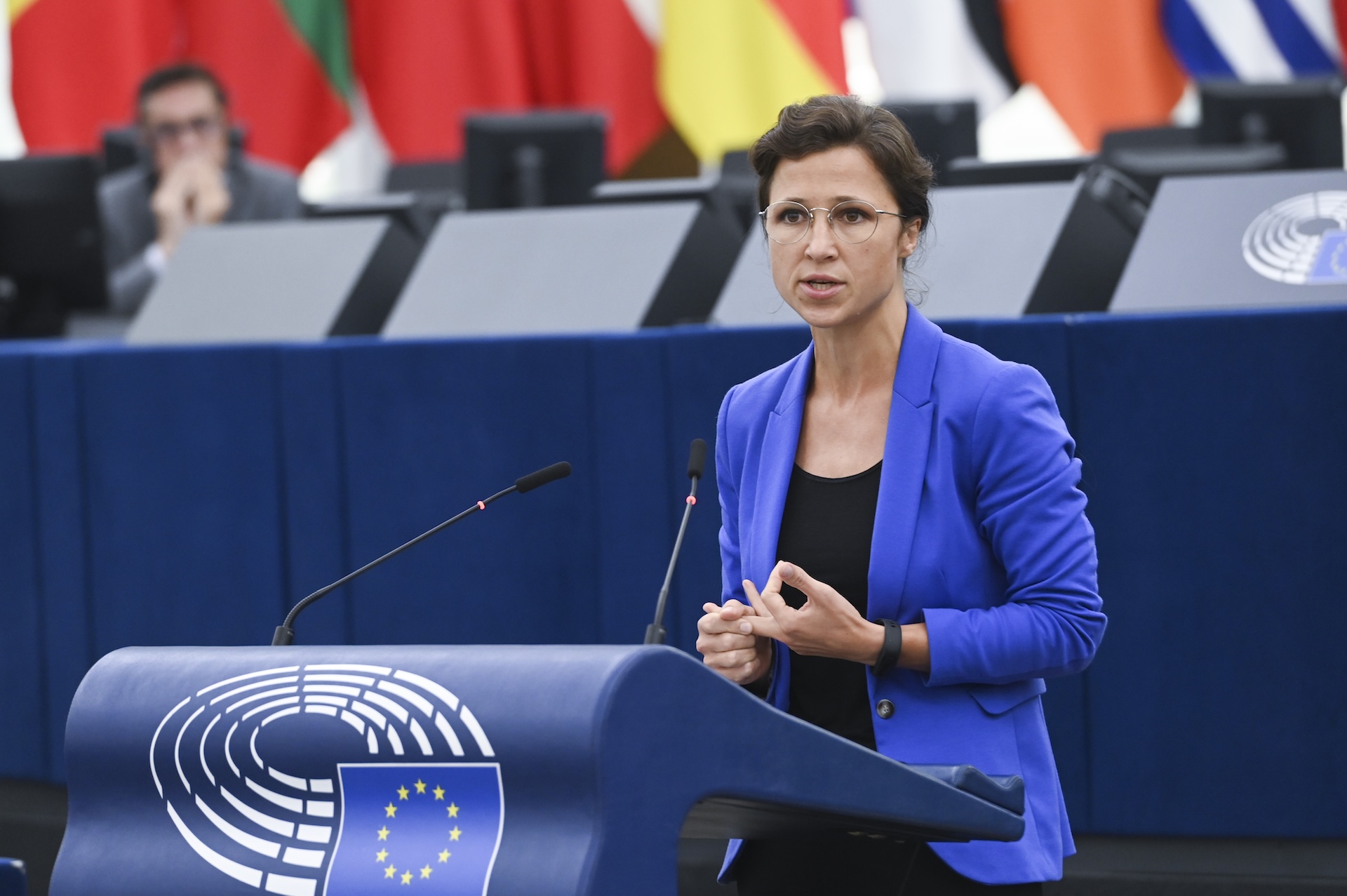
A Finnish justice ministry spokesperson told ICIJ partner YLE that the government regarded transnational repression as “refugee espionage”: a foreign state gathering information about its former or current citizens overseas often for the purpose of controlling or intimidating them. The ministry said it had up-to-date information on such cases but has not offered training for its staff to address them.
A spokesperson for Romania’s interior ministry said the government hadn’t adopted a specific definition for transnational repression and didn’t classify it as a crime.
Representatives for the governments of Germany, Finland and Belgium told ICIJ media partners that they don’t keep statistics on transnational repression.
A spokesperson for the Belgian ministry of foreign affairs told ICIJ partner De Tijd that Belgian intelligence services, which are in contact with civil society organizations, have “insight into the general trends” of transnational repression in the country and that in recent years, “the intensity of the campaigns seems to have increased.”
According to EU Parliament member Eroglu, better information-sharing among member states is essential.
“Currently, information on cross-border repression is scattered among local law enforcement authorities and is poorly coordinated,” Eroglu said. “Without cooperation between authorities, it is very difficult to determine the severity of cross-border repression measures, as these measures alone often do not violate local law.”
In Sweden, ICIJ partner Göteborgs Posten traced threats and intimidation directed against a Chinese advocate and her teenage son to individuals linked to the Chinese government. Swedish authorities, however, did not respond to requests for comment on the government’s measures against state-sponsored repression.
A spokesperson for Slovenia’ justice ministry told Oštro, another ICIJ partner, that dealing with transnational repression is not part of the ministry’s mandate, while the country’s interior ministry and Ombudsman for Human Rights said they have no information about the phenomenon.
Neumann, the author of the European parliamentary report, said there remains a “gap” in data and policy on the issue, and Europe lacks a dedicated reporting and analysis mechanism to close it.
“Without reliable information on scale, methods, and impact, policymakers and law enforcement cannot respond effectively,” she said.
Besides urging member states to coordinate efforts, both Eroglu and Neumann said the European External Action Service — the EU agency that manages diplomatic relations with countries outside the bloc — should be more proactive in confronting authoritarian governments.
Neumann’s 2023 report for the European Parliament said that EEAS’ diplomatic engagement and strategies tend to focus on “reactive measures” and should more strongly support human rights defenders, who are often the victims of transnational repression.
Echoing the recommendations highlighted in the report, Eroglu told ICIJ that EEAS should “further raise the issue of the persecution of human rights defenders in various meetings of the delegations with the authorities.”
The EEAS did not respond to ICIJ’s specific questions. In an emailed statement, a EU spokesperson on foreign affairs and security policy said that “[w]hen it comes to China, the EU has condemned publicly acts of Transnational Repression through public statements… and raises these issues with the Chinese government.”
In response to questions from ICIJ and its media partners about China Targets revelations, representatives from seven Chinese embassies in Europe, including the Netherlands, Croatia and Sweden, dismissed the accusations of transnational repression as fabricated and said that “China always attaches high importance to respecting and protecting human rights.”

